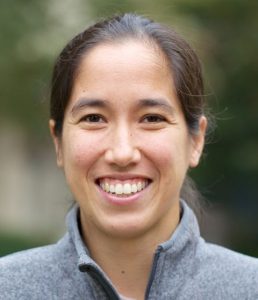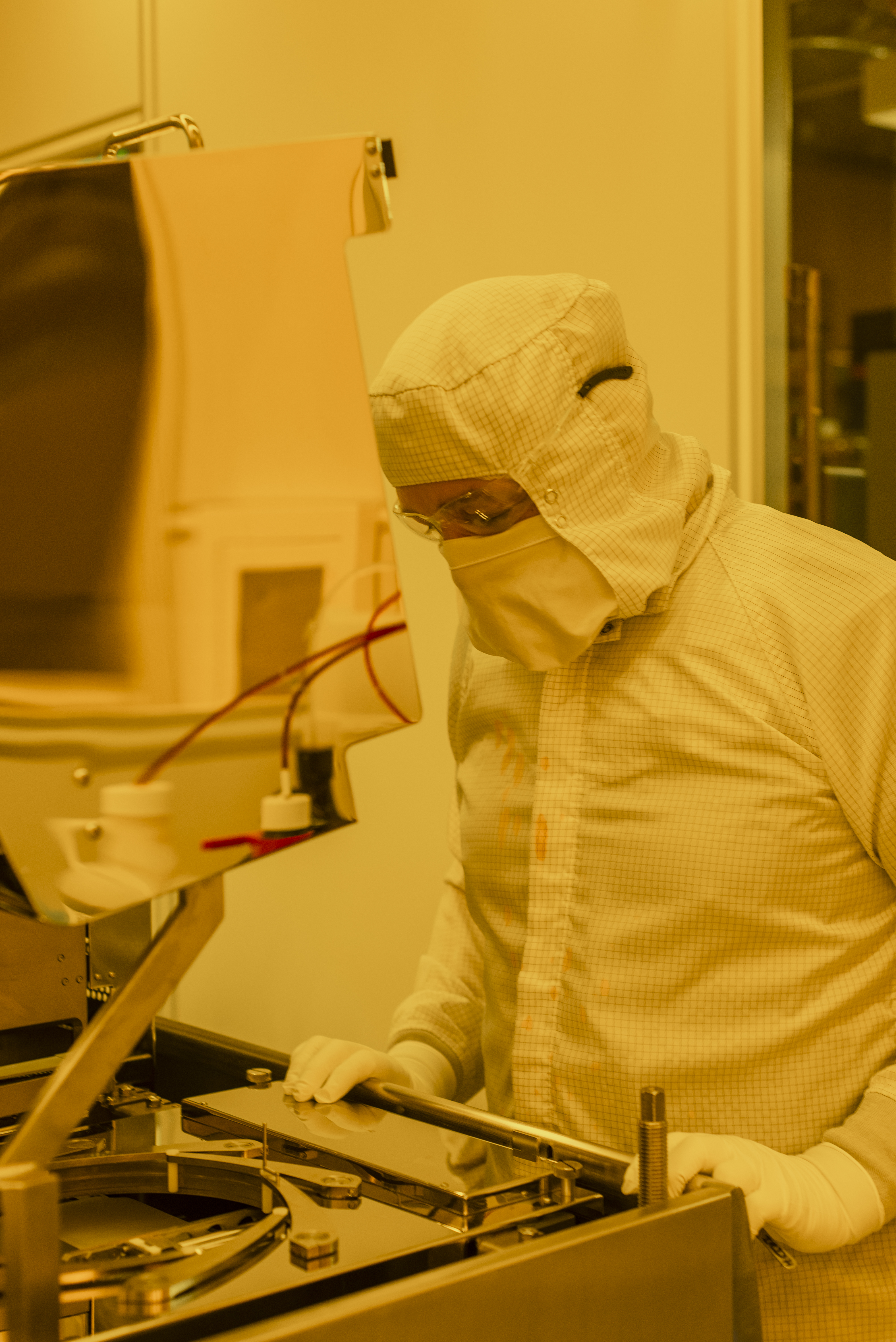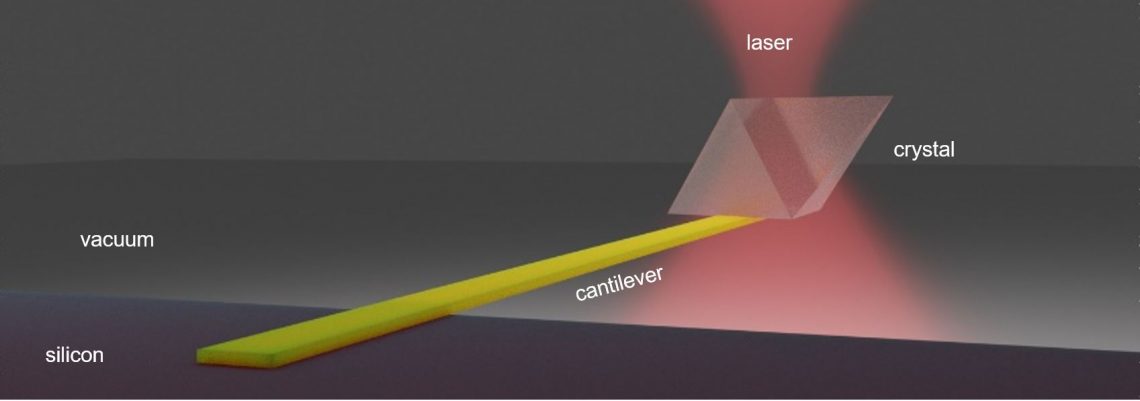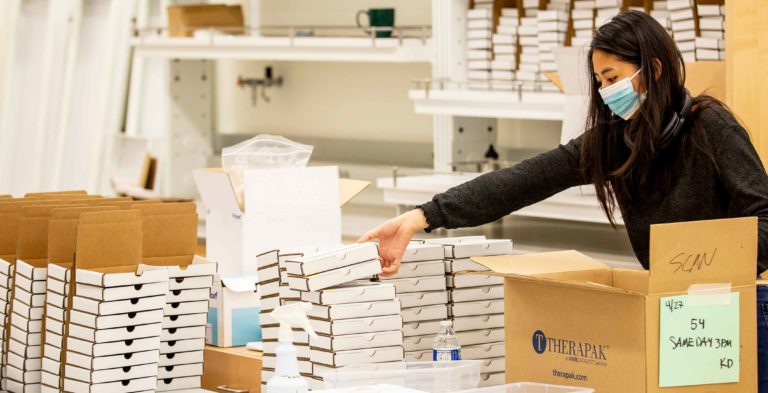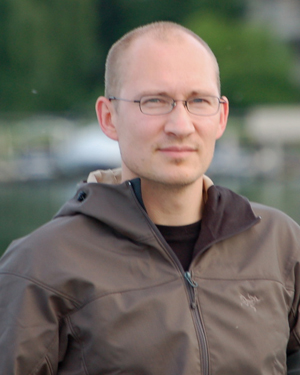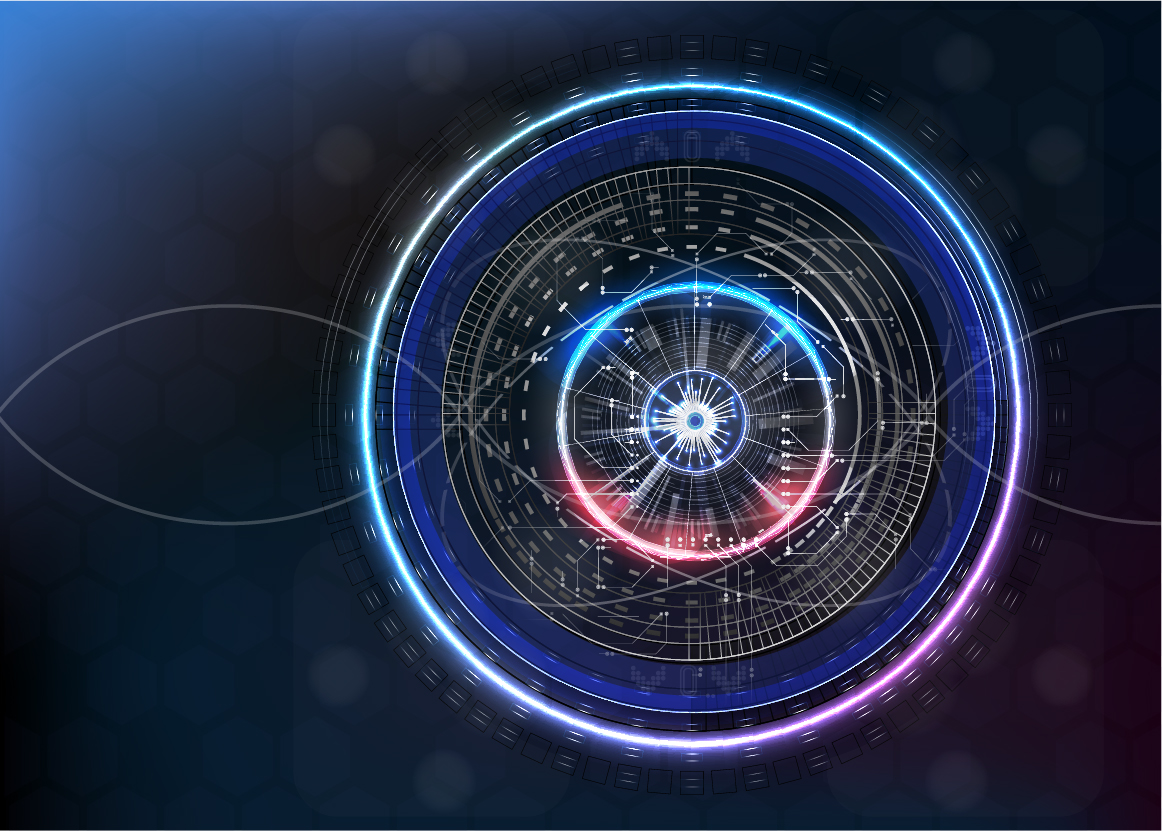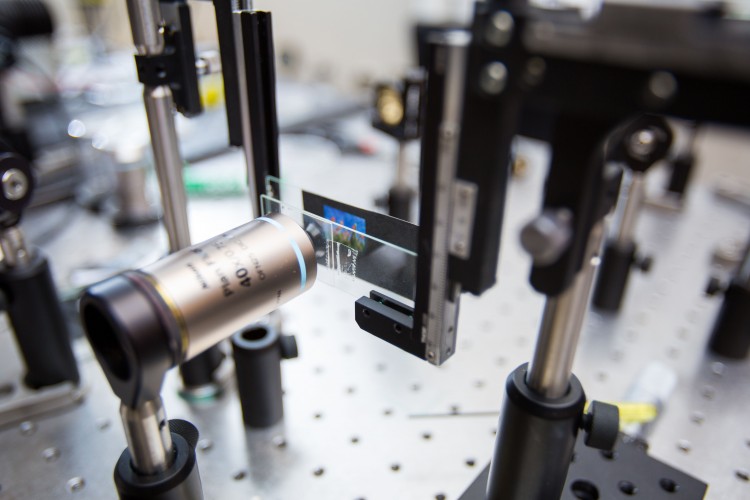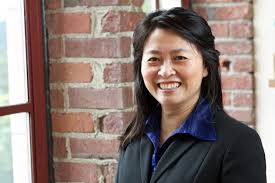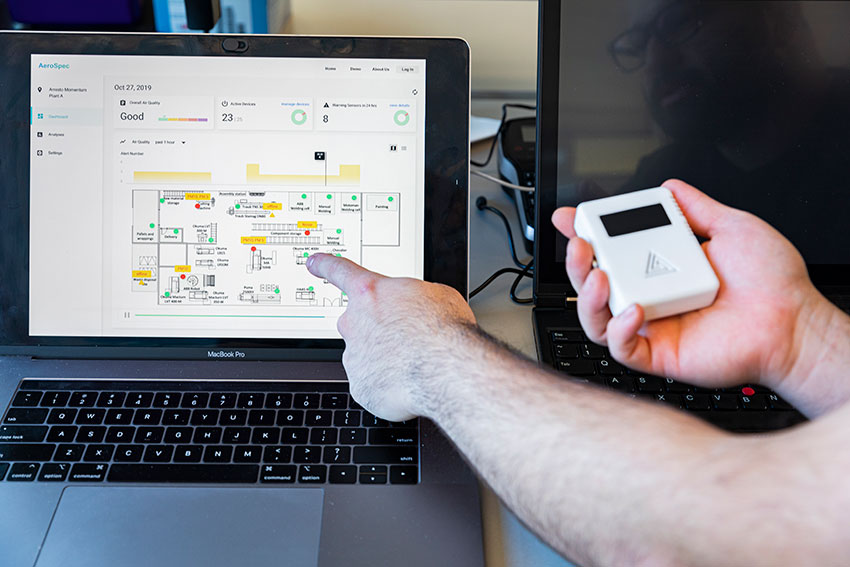A team led by UW Electrical & Computer Engineering professors Mo Li, Arka Majumdar and Karl Böhringer was selected to participate in the National Science Foundation’s Convergence Accelerator, a new initiative to accelerate use-inspired research addressing societal challenges. The team will be working to increase the capacity of quantum computing systems to retain and process information.
NanoES faculty receive National Science Foundation award to increase capacity of quantum computing systems

